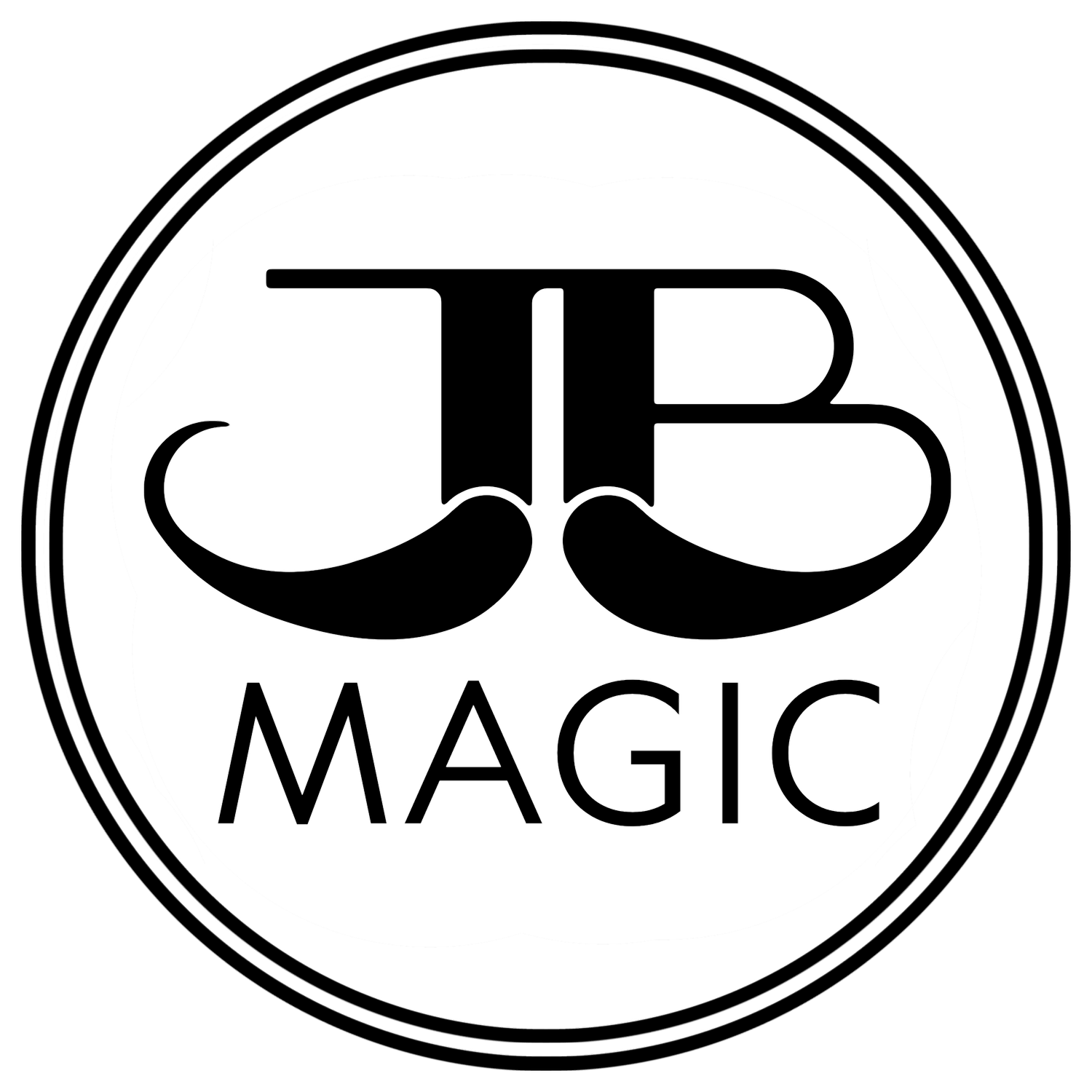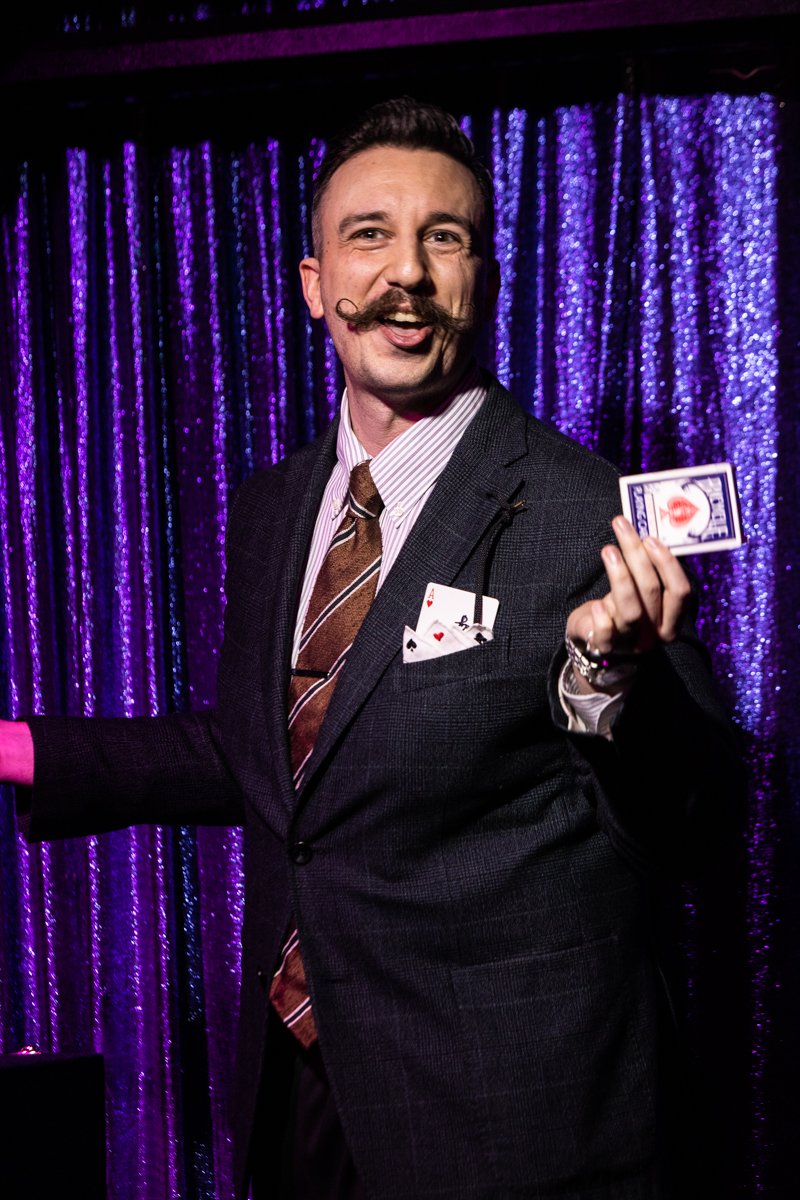The Role of Magicians in Modern Entertainment
In the vast panorama of modern entertainment, magicians have carved out a unique and enduring niche. From live performances in intimate settings to grandiose television spectacles, magicians continue to captivate audiences with their blend of illusion, storytelling, and artistry. This article analyzes the multifaceted role of magicians in today’s entertainment landscape, highlighting their adaptability and enduring appeal.
Live Performances: The Heart of Magic
Live magic shows remain the quintessential platform for magicians to showcase their craft. Whether performing in the cozy corners of a local bar, the prestigious stages of magic clubs like The Magic Castle, or grand theaters, magicians thrive on the direct interaction with their audience. This immediacy not only allows for a dynamic exchange of energy but also for the personalization of performances, making each show a unique experience. The resurgence of interest in live entertainment has solidified the role of magicians as indispensable performers in the entertainment industry.
Television and Online Platforms: Expanding Reach
The advent of television and, more recently, online streaming platforms has transformed the way magic is consumed. Magicians have adeptly transitioned to these mediums, reaching a global audience. Television shows like "America's Got Talent" and dedicated specials have introduced magicians to millions of viewers, broadening the public’s perception of magic beyond simple tricks to a sophisticated form of entertainment. Digital platforms like YouTube and social media have further democratized access to magic, allowing magicians to share their art with a wider audience and engage with fans directly.
Magic in Movies and Series: A Cultural Staple
Magic has also found its way into movies and series, not just as a subject but as an integral part of storytelling. Films like "The Prestige" and series that delve into the lives and tricks of magicians have added a layer of mystique and fascination with the craft. These portrayals underscore the cultural significance of magic and its versatility as a form of entertainment that can both stand alone and enhance other narratives.
Educational and Therapeutic Roles
Beyond entertainment, magicians play educational and therapeutic roles. Magic workshops and classes teach not only the tricks of the trade but also valuable skills such as presentation, critical thinking, and creativity. Therapeutically, magic has been employed to improve motor skills, boost self-esteem, and provide psychological relief, showcasing the magician's role as both entertainer and healer.
Conclusion
Magicians in modern entertainment are not just performers but multifaceted artists who bridge tradition and innovation. Their ability to adapt to various platforms while maintaining the essence of magic—wonder, and surprise—ensures their place in the entertainment landscape. As technology and audience preferences evolve, so too will the art of magic, continuing to enchant and engage audiences in new and unexpected ways.
Have an upcoming event?
Want to ensure your event is unforgettable? Look no further than magician Jeff Black.
Book now to guarantee a specially tailored experience that will leave your guests in awe.
Check out my Party Slate Profile.



